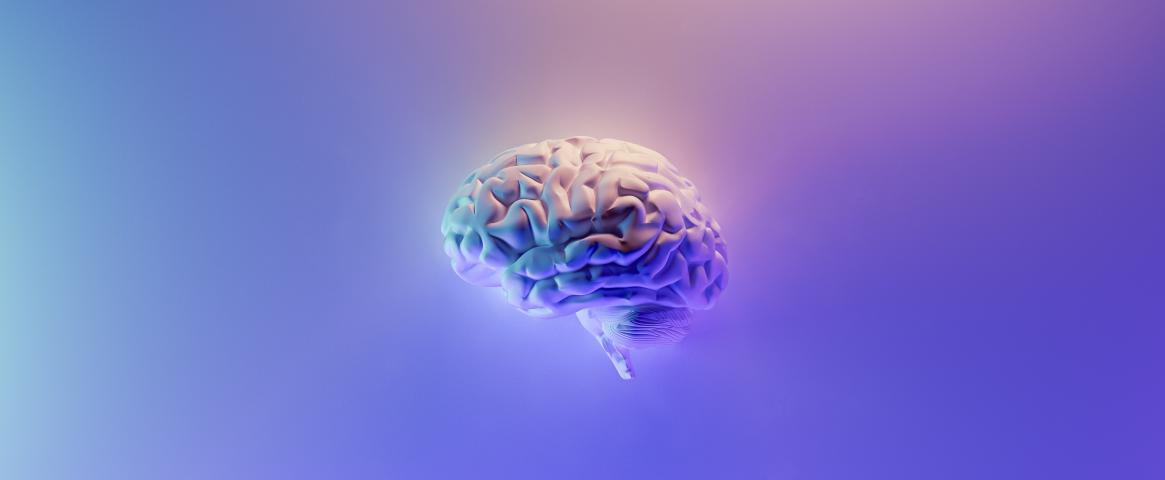By Rayon Uddin
Throughout the last 18 months of the COVID-19 pandemic, reports of “brain fog” and onset of other neurological effects associated with the SARS-CoV-2-virus have risen to prominence. Now, there is new data to support the source of these symptoms: Researchers have identified neural cellular patterns in postmortem brains taken from COVID-19 sufferers that parallel those seen in other neurodegenerative illnesses.
In the new study published this summer in Nature, researchers at Stanford University collaborated with neuropathologists at Saarland University in Germany and analyzed 65,309 cells from 30 well-preserved, frozen postmortem brain tissue samples. The samples came from 8 patients with COVID-19 and 14 control individuals, including 1 patient with terminal influenza.
Using a genetic analysis of the samples, the researchers found molecular markers of inflammation in those who had COVID-19 similar to those seen in patients with chronic brain disorders. They found differences in activation levels of hundreds of genes between those who had COVID-19 and those in the control group. Such differences could be responsible for cognitive changes in the brain affecting everything from emotion to behavior.
Andrew Yang, a postdoctoral research fellow in the neurological sciences department at Stanford University and the lead author of the Nature study, says that their findings suggest COVID-19 leads to inflammatory responses often seen in diseases like Alzheimer's.
Looking at COVID-19 patients in comparison to a neurodegenerative disease like Alzheimer's, he says, “they seem to converge on this new inflammatory pathway. If you induce those inflammatory sites, it can cause neuropathology and result in cognitive trauma, and that emerging link appears to be present in the brain tissues we observed.”
Yang and his team described two primary mechanisms of infection that explain how COVID-19 can affect the brain. The first is through an excessive immune response that keeps the virus regulated in the lung but can travel to the brain, breaching the blood-brain barrier.
The second can be through triggering a type of antibody response, wherein the antibody binds to a protein present in the body that then travels to the brain and causes brain swelling known as encephalitis.
Although the study shows an important link between COVID-19 and the brain, more research is necessary on this novel virus. One unknown is when neurogeneration occurs in the progression of the disease, a variable difficult to determine from postmortem brain tissues. As more neurological data becomes available from COVID-19 survivors, researchers will gain new perspectives on the neuropathological effects of COVID-19 on the brain.
“Differences in genetic background coupled with environmental confounds make it difficult to definitively draw an answer to why these neurological deficits exist,” says Dr. Zafar Qureshi, a board-certified physician specialized in internal medicine who was not involved in the study. “Even so, there just hasn’t been nearly enough research conducted to affirm that these changes are a result of a singular condition. It is likely that those findings will not be reached for several more years.”
Yang says he hopes to start collecting tissue from those who had COVID-19, survived, and succumbed from natural causes or an illness independent from the virus to provide further insight on whether the inflammatory state in the brain dissipates or localizes.
“The biggest question for me is ‘are survivors of COVID-19 now more likely to suffer brain atrophy or some form of neurodegenerative disease?', "Yang says. “It may not even manifest into an illness like Alzheimer’s or Huntington’s -- it could just be a reduction in the quality of life -- but it would be interesting to see how those symptoms evolve over time.”
Rayon Uddin is a junior at the University of Florida majoring in psychology with an emphasis on behavioral and cognitive neuroscience and minoring in chemistry. He is a research associate for the Florida Exposure and Anxiety Research Lab and a volunteer at the Rahma Mercy Clinic in Gainesville, Florida. This fall, he will be shadowing at University of Florida’s Health Orthopaedics and Sports Medicine Institute. He can be contacted via email at Rayonuddin@gmail.com.
This story was produced as part of NASW's David Perlman Summer Mentoring Program, which was launched in 2020 by our Education Committee. Uddin was mentored by Lisa M.P. Munoz.
Hero image by Fakurian Design on Unsplash






